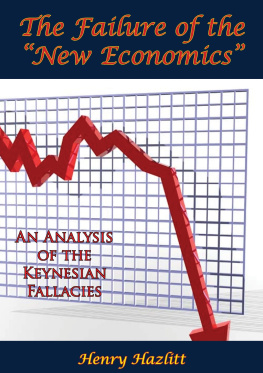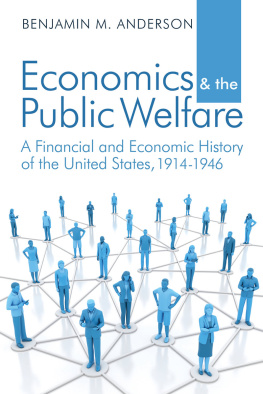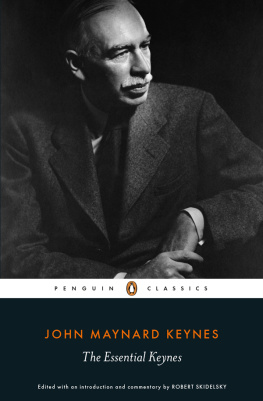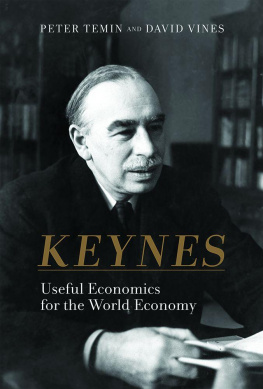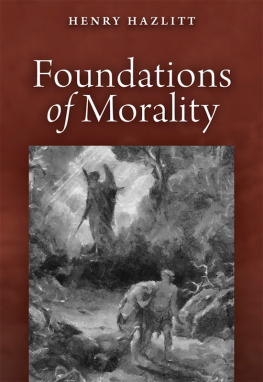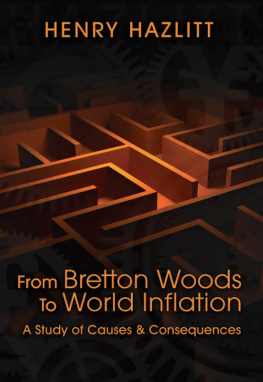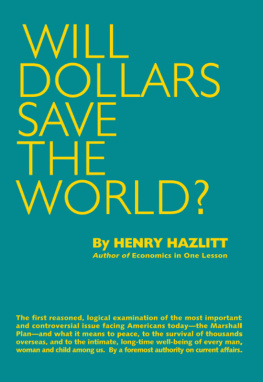

This edition is published by PICKLE PARTNERS PUBLISHINGwww.pp-publishing.com
To join our mailing list for new titles or for issues with our books picklepublishing@gmail.com
Or on Facebook
Text originally published in 1959 under the same title.
Pickle Partners Publishing 2016, all rights reserved. No part of this publication may be reproduced, stored in a retrieval system or transmitted by any means, electrical, mechanical or otherwise without the written permission of the copyright holder.
Publishers Note
Although in most cases we have retained the Authors original spelling and grammar to authentically reproduce the work of the Author and the original intent of such material, some additional notes and clarifications have been added for the modern readers benefit.
We have also made every effort to include all maps and illustrations of the original edition the limitations of formatting do not allow of including larger maps, we will upload as many of these maps as possible.
THE FAILURE OF THE NEW ECONOMICS:
AN ANALYSIS OF THE KEYNESIAN FALLACIES
BY
HENRY HAZLITT
Foreword by Murray N. Rothbard
TABLE OF CONTENTS
Contents
ACKNOWLEDGMENTS
I am indebted to Harcourt, Brace & Co., the American publishers of Keyness General Theory , for their generous permission to reprint so many passages from that book. This extensive quotation rather than mere paraphrase seemed to me almost unavoidable in the present critical work because of the many existing and possible interpretations and disputes concerning what Keynes actually said.
I wish to thank The New York Times for permission to reprint, as an appendix, my article on Keyness Economic Consequences of the Peace in its issue of March 11, 1945. I also wish to thank Newsweek for permission to use tables, charts, and excerpts from some of my articles that originally appeared in its pages.
My indebtedness to other publishers for permission to quote from authors or books published by them is, I hope, sufficiently indicated in the text or in footnotes.
I am grateful to Ludwig von Mises for reading the galleys and offering some invaluable suggestions. For the opinions expressed and any errors made, I alone, of course, must be held responsible.
My wife, as usual, has helped me in scores of details.
HENRY HAZLITT.
January, 1959

CHAPTER IINTRODUCTION
1. Canonization
The most famous economist of the twentieth century is John Maynard Keynes; and the most influential economic book of the present era, both on theory and on economic policy, is his General Theory of Employment, Interest, and Money , published in 1936.
The fact is recognized not only by his admirers and disciples, but even by his sharpest critics. Open any issue of almost any of the scholarly economic journals, and you will find his name and the phrases that he coined or popularized sprinkled generously through its pages. Open the newspaper, and you will find interpretations of current economic events, or proposals for economic and monetary policies, that owe at least their ubiquity, if not their origin, to his writings.
To illustrate the unique place that Keyness reputation occupies, I select a few quotations almost at random.
On his death the London Times called him a very great Englishman...a man of genius, who as a political economist had a world-wide influence on the thinking both of specialists and of the general public....To find an economist of comparable influence one would have to go back to Adam Smith.
G. D. H. Cole, the Socialist economist, calls the General Theory :
The most important theoretical economic writing since Marxs Capital, or, if only classical economics is to be considered as comparable, since Ricardos Principles....What he has done, triumphantly and conclusively, is to demonstrate the falsity, even from a capitalist standpoint, of the most cherished practical morals of the orthodox economists and to construct an alternative theory of the working of capitalist enterprise so clearly nearer to the facts that it will be impossible for it to be ignored or set aside.
Professor Alvin H. Hansen of Harvard, usually regarded as Keyness leading American disciple, writes of the General Theory :
There are few who would deny, as of now, seventeen years later, that the book has had a greater impact on economic analysis and policy even in this short time than any book since Ricardos Political Economy . It may be a little too early to claim that, along with Darwins Origin of Species and Karl Marxs Das Capital, the General Theory is one of the most significant books which have appeared in the last hundred years....But...it continues to gain in importance.
In the starry eyes of some admirers, even the books faults seem somehow to add to its greatness. Professor Paul A. Samuelson, of the Massachusetts Institute of Technology, author of the most widely used college textbook in economics at the present time, writes of the General Theory:
It is a badly written book, poorly organized; any layman who, beguiled by the authors previous reputation, bought the book was cheated of his 5 shillings. It is not well suited for classroom use. It is arrogant, bad-tempered, polemical, and not overly generous in its acknowledgments. It abounds in mares nests and confusions....In short, it is a work of genius.
Even stranger is Samuelsons implication that the very obscurity of the book is an embarrassment, not to the disciples of Keynes, but chiefly to his critics: It bears repeating that the General Theory is an obscure book so that would-be anti-Keynesians must assume their position largely on credit.
It is of course not surprising to find an extravagant judgment by R. F. Harrod, Keyness biographer:
To put the matter quite bluntly, I believe that the future historian of economic thought will regard the assistance rendered by Keynes on the road of progress as far more important than that of his revered master, Alfred Marshall. He seems, to my judgment, to stand rather in the same class as Adam Smith and Ricardo. In logical penetration he was much superior to Adam Smith, in lucidity of writing to Ricardo.
Professor Dudley Dillard of the University of Maryland, in his book The Economics of John Maynard Keynes writes :
By any test, Keynes ranks as one of the great economists of all time and as the most influential economic thinker the twentieth century has so far produced....
Within the first dozen years following its publication, John Maynard Keynes The General Theory of Employment, Interest, and Money (1936) has had more influence upon the thinking of professional economists and public policy makers than any other book in the whole history of economic thought in a comparable number of years. Like Adam Smiths Wealth of Nations in the eighteenth century and Karl Marxs Capital in the nineteenth century, Keynes General Theory has been the center of controversy among both professional and nonprofessional writers. Smiths book is a ringing challenge to mercantilism, Marxs book is a searching criticism of capitalism, Keynes book is a repudiation of the foundations of laissez-faire. Many economists acknowledge a heavy debt to the stimulating thought of Lord Keynes.
If the influence of Lord Keynes were limited to the field of technical economic doctrine, it would be of little interest to the world at large. However, practical economic policy bears even more deeply than economic theory the imprint of Keynes thought.
Next page
